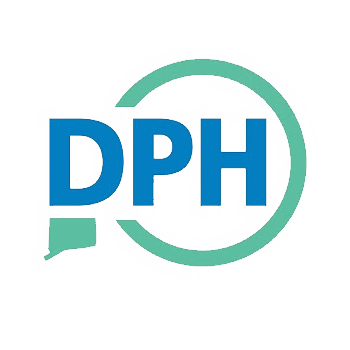In preparing for a disaster, people with special medical needs have extra concerns. Try to picture yourself as you might be during such a disaster and during the three days immediately following it. What might be some of your special medical needs? This brochure has been designed as a helpful tool for you and your family as you prepare for a possible disaster.
Medications
- Always have at least a three-day supply of all of your medications.
- Store your medications in one location in their original containers.
- Have a list of all of your medications: name of medication, dose, frequency, and the name of the doctor prescribing it.
Medical Supplies
- If you use medical supplies such as bandages, ostomy bags, or syringes, have an extra three day supply available
Intravenous (IV) & Feeding Tube Equipment
- Know if your infusion pump has battery back-up, and how long it would last in an emergency.
- Ask your home care provider about manual infusion techniques in case of a power outage.
- Have written operating instructions attached to all equipment.
Oxygen and Breathing Equipment
- If you use oxygen, have an emergency supply (for three days or more).
- Oxygen tanks should be securely braced so they do not fall over. Check with your medical supply company, regarding bracing instructions.
- If you use breathing equipment, have a three-day supply or more of tubing, solutions, medications, etc.
Electrically Powered Medical Equipment
- For all medical equipment requiring electrical power such as beds, breathing equipment, or infusion pumps, check with our medical supply company and get information regarding a back-up power source, such as a battery or generator.
- Check with your local utility company to determine that back-up equipment is properly installed
Emergency Bag
Have a bag packed at all times in the event you need to leave your home.
- A medication list
- Medical supplies for three days.
- Copies of vital medical papers such as insurance cards, Advanced Directive, Power of Attorney, etc.
- When you leave your home, be sure to take refrigerated medications and solutions.
People Who Can Help
- An important part of being prepared for a disaster is planning with family, friends, and neighbors. Know who could walk to your home to assist you if other means of transportation are unavailable.
- Discuss your disaster plans with your home healthcare provider.
- Ask your local fire department if they keep a list of people with special medical needs.
- If you depend on electrical power for your medical equipment, notify your local power company. Some companies are able to provide priority service to people with special medical needs
- Keep a list of people who can help (Their name and phone number):
- Family or friends
- Neighbors
- Hospital
- Medical suppliers
- Doctor/homecare provider
- Pharmacy
Adapted from the American Red Cross.

